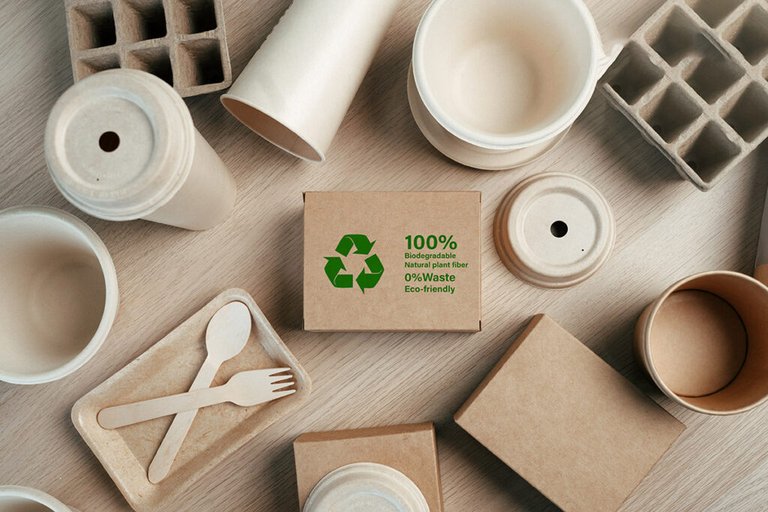Biodegradable Packaging Startups Gain Ground in Vancouver
Small businesses are innovating alternatives to plastic packaging using seaweed, mushroom fibers, and recycled pulp — and major retailers are taking note.
Published: June 29, 2025 at 03:49
By: By Sophie Nguyen, Tundra Bulletin

In Vancouver, a new wave of eco-conscious entrepreneurs is transforming the packaging industry with sustainable, biodegradable alternatives. Startups across the region are using materials like seaweed, mushroom mycelium, and recycled pulp to develop packaging solutions that break down naturally within weeks.
One such company, Pacific Green Wraps, has developed a seaweed-based film that replaces plastic clamshell containers. Already being trialed in local supermarkets, the material is compostable at home and leaves no microplastics behind. Early feedback from both retailers and customers has been overwhelmingly positive.
Founder Aisha Lau says their goal is not just environmental sustainability but local resilience. “We source our seaweed from farms off the B.C. coast and produce everything here in Vancouver. It’s about creating circular systems that benefit our economy and environment,” she explains.
Another rising player, EcoMyco, focuses on mushroom-based packaging that can replace foam and molded plastics for shipping electronics and fragile goods. The material is grown rather than manufactured, using agricultural waste as a substrate and forming around custom molds before being baked into shape.
The industry’s growth is supported by a confluence of policy shifts and consumer demand. British Columbia’s ban on single-use plastics, which came into effect earlier this year, has encouraged businesses to seek viable alternatives. Startups have been quick to fill the gap with innovation.
Large retailers are taking note. A regional grocery chain, FairMart, has partnered with several Vancouver-based startups to pilot biodegradable trays for produce and meat. Early data shows a 30% drop in landfill-bound waste from participating locations.
Beyond retail, the restaurant sector is showing interest. A group of fast-casual chains in the city has committed to transitioning at least 50% of their takeout packaging to compostable options by 2026, citing both brand alignment and environmental responsibility.
However, scaling remains a challenge. Many of these materials are more expensive to produce than their plastic counterparts, and production volumes are currently limited. Entrepreneurs say investment and infrastructure support will be key to reaching mass adoption.
Local universities are stepping up. UBC and Simon Fraser University have launched accelerator programs to support packaging innovation, providing labs, mentorship, and seed funding for student-led ventures focused on sustainability.
Environmental groups are optimistic but cautious. They stress the importance of life-cycle assessments and ensuring that new materials don’t introduce unforeseen harms. Transparency and third-party certification are being called for as standards evolve.
Still, there’s a palpable sense of momentum in Vancouver’s green packaging ecosystem. What started as a niche movement is now being taken seriously by industry leaders and policymakers alike—signaling a potential transformation in how Canadians package, ship, and consume everyday goods.